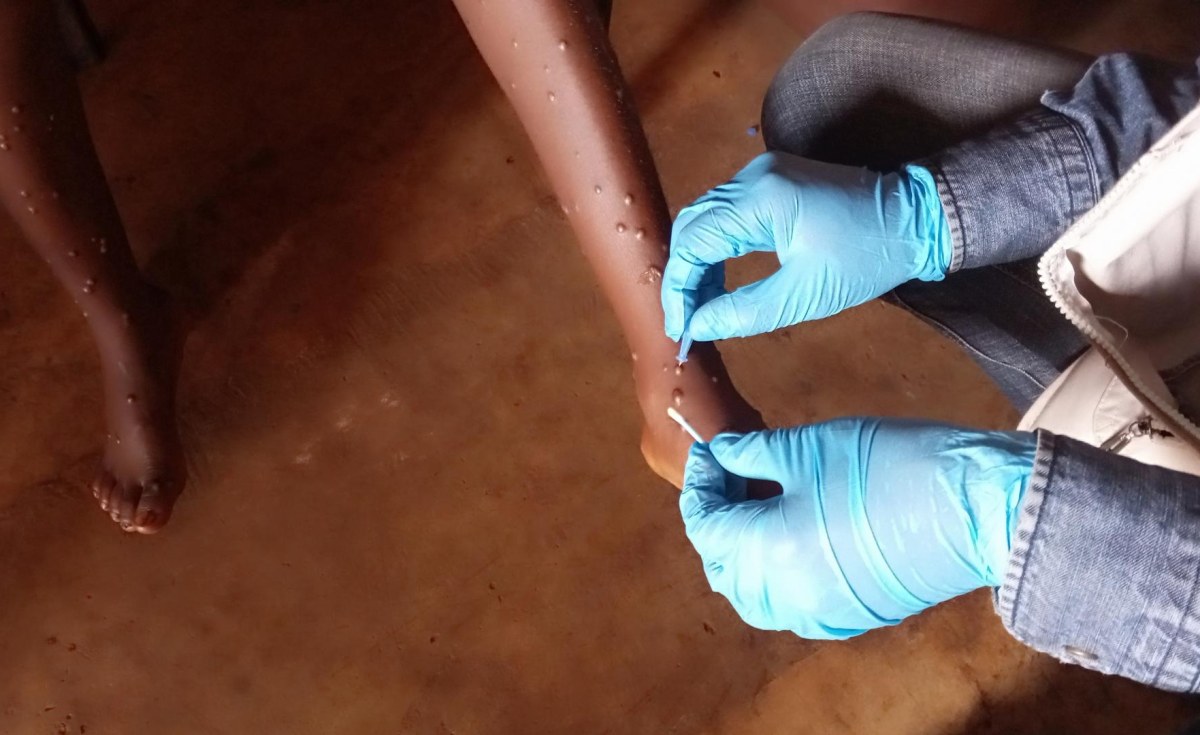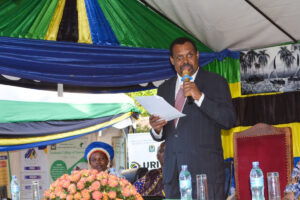
By Mariamu Shaban
“The burden of proof is on the one who makes the claim.” — This timeless legal principle holds particularly true for multinational enterprises (MNEs) navigating the complex world of transfer pricing audits. As global business operations increasingly span multiple jurisdictions, the centralisation of the provision of intragroup services—such as IT support, management consultancy, and legal services—has become commonplace. Yet, when the tax authorities come knocking, the once routine transactions can quickly turn into a burden of proof nightmare for MNEs.
Like in many other countries, the Tanzania Revenue Authority (TRA) has ramped up its scrutiny of transfer pricing practices, especially when it comes to intragroup services. MNEs have found themselves tangled in disputes, caught between a rock and a hard place, trying to provide enough evidence to justify that the services were rendered to the satisfaction of the tax authorities. As the number of these disputes rises, one question keeps on being asked: How much proof is enough to convince the tax authority that the services were genuinely rendered and benefited the organisation? And more importantly, what should businesses do to navigate this matter without risking costly tax adjustments and penalties?
Let’s take a step back and understand the concept of Transfer Pricing and Intragroup Services. Transfer Pricing involves the setting of prices for transactions between related entities such as the sale of goods, the provision of services, or the transfer of intellectual property as if these were done with unrelated parties. In Tanzania, the Transfer Pricing Regulations of 2018, along with the OECD Transfer Pricing Guidelines, provide the framework for ensuring these transactions are at arm’s length.
Intragroup services often lead to transfer pricing disputes as the TRA challenges whether these services are legitimate, necessary, and in line with the arm’s length principle. While the TP laws have provided three key tests for the intragroup services, being, whether: (i) services were rendered; (ii) whether the services conferred an economic benefit; and (iii) whether the services were charged at an arm’s length price, the TRA’s current approach involves all three tests, challenging the documentation and evidence submitted by the MNEs to justify these services.
In any tax audit, the burden of proof rests with the taxpayer. For transfer pricing audits, this means MNEs must provide sufficient evidence to demonstrate that transactions comply with the arm’s length principle. However, providing adequate evidence for intragroup services is often easier said than done, defining “sufficient evidence” can be tricky, especially when it comes to intragroup services. MNEs typically submit a range of documents to demonstrate that services were rendered. Yet, the challenge lies in the fact that some services, such as management or consultancy, are inherently difficult to quantify in terms of tangible outcomes. In certain cases, the documentary evidence may not be practically as comprehensive as the TRA requires, leading to disputes.
A report from the OECD published in November 2024 indicates that TP cases globally are taking longer to resolve, with an average resolution time of 32 months. This shows the complex nature of these cases and the increasing demand for robust documentation, refer to www.oecd.org/tax/dispute
Given the increasing scrutiny of intragroup services in Tanzania and the complex nature of the TP audits, MNEs must be proactive in maintaining detailed, comprehensive documentation to avoid costly penalties. Businesses should ensure that all services rendered are documented, highlighting their legitimacy and benefits. It’s crucial to be prepared with clear evidence to justify the arm’s length nature of these transactions. Furthermore, MNEs should consider utilising Advanced Pricing Arrangements (APAs) to gain more certainty in their transfer pricing practices. According to TP Regulations, taxpayers can request APAs to agree with tax authorities on the treatment of certain related party transactions in advance for a specified period. As it stands, there has been no concluded APA in the country since the introduction of the APA provision in 2018. Therefore, the TRA should provide clear timelines for reviewing APA applications to ensure timely decisions and avoid unnecessary delays.
In the end, the burden of proof for intragroup services in transfer pricing audits is a complex and often subjective challenge. Both the TRA and MNEs have a shared responsibility to navigate these complexities in good faith. With the right approach, including clear and comprehensive documentation, both parties can work together to resolve matters amicably to avoid prolonged disputes. Given its tricky nature, mutual cooperation and a willingness to engage in transparent dialogue are crucial to ensuring that transfer pricing practices are fair, balanced, and compliant with regulations.
Mariamu Shabani is Senior Associate specialised in Transfer Pricing at PwC Tanzania. The views expressed do not necessarily represent those of PwC














